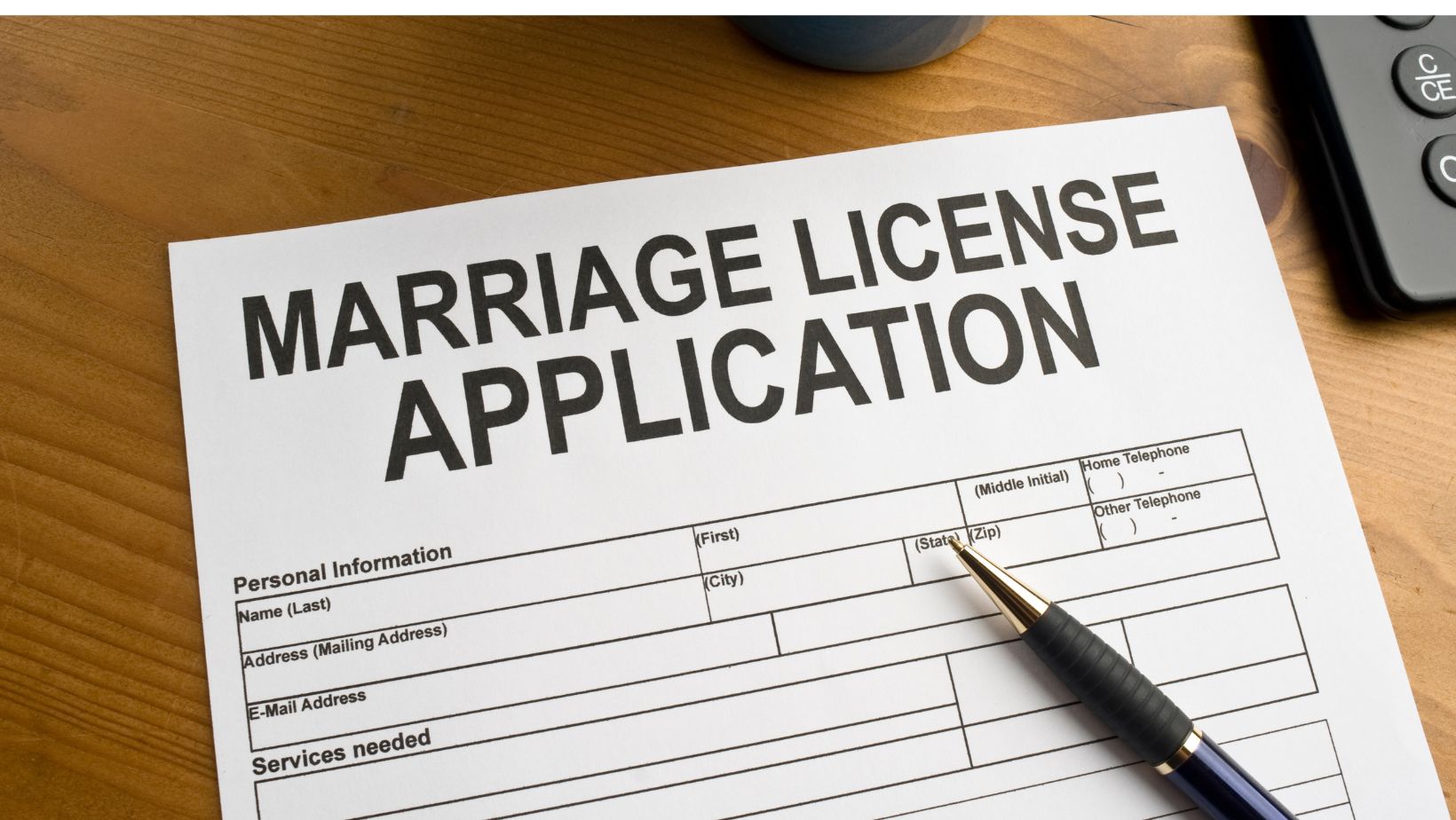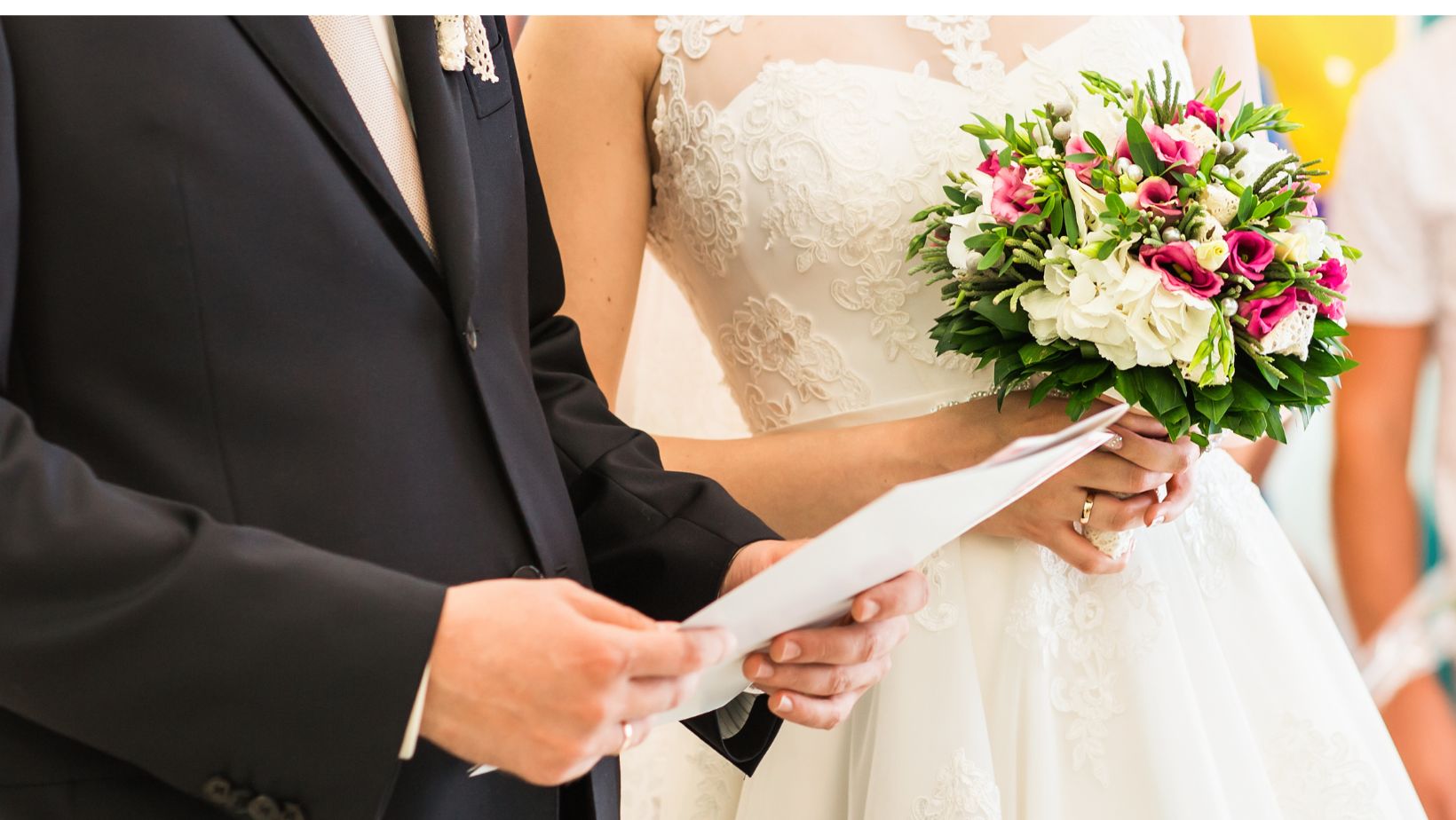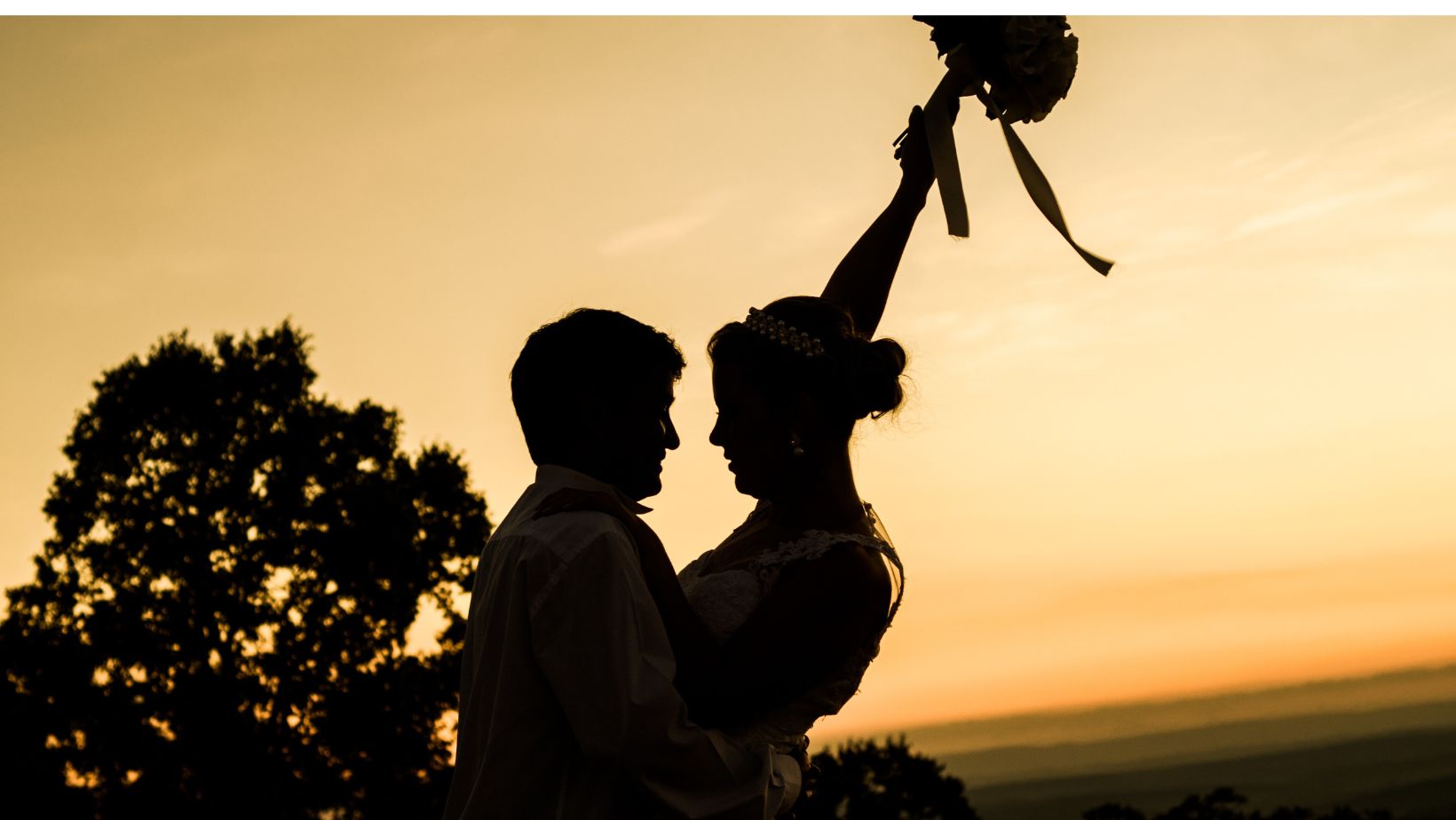Getting hitched in Idaho? You’ll need more than just love and a cute pair of matching boots; you’ll need a marriage license. This little piece of paper is your golden ticket to the altar and it’s easier to snag than you might think. Forget about wild goose chases and endless paperwork; Idaho’s marriage license process is as straightforward as a cowboy’s charm.
Idaho Marriage License
Obtaining a marriage license in Idaho is straightforward. Couples must apply in person at a county clerk’s office. A valid photo ID is necessary for identification purposes. Both parties should provide personal information, including full names, addresses, and birthdates.
The application process is efficient. It typically involves filling out a form and paying a fee, which varies by county. Most counties charge around $30 to $40. Idaho does not require a blood test or residency, creating accessibility for couples from other states.
Waiting times for processing licenses are minimal, often completed on the same day. Licenses are valid for up to 12 months, allowing couples ample time to plan their ceremonies. No waiting period exists in Idaho, so couples can marry immediately after receiving their license.
Important documents accompany the marriage license. Couples must ensure their officiant completes the license and returns it to the clerk’s office after the ceremony. Each marriage license becomes part of the public record, ensuring transparency and legal recognition.
Understanding local regulations is crucial. Individual counties may have specific requirements or hours of operation, so checking beforehand is advisable. Ensuring all instructions are followed guarantees a smooth process for obtaining a marriage license in Idaho.
Requirements for Obtaining an Idaho Marriage License
 Couples must meet certain requirements to obtain a marriage license in Idaho.
Couples must meet certain requirements to obtain a marriage license in Idaho.
Age Requirements
Applicants must be at least 18 years old. Minors aged 16 or 17 can acquire a license but need parental consent and approval from a district court. Couples must keep in mind that without meeting age criteria, the application process becomes complex.
Identification Needed
A valid photo ID is mandatory for both parties. Acceptable forms include a driver’s license, state ID, or passport. This identification verifies identity and age, helping ensure that applicants meet legal standards for marriage in Idaho.
Residency Standards
No residency requirement exists for obtaining a marriage license in Idaho. Couples from other states can easily apply. Additionally, this lack of residency criteria allows for greater flexibility, enabling couples to marry in Idaho regardless of where they live.
Application Process for Idaho Marriage License
The application process for an Idaho marriage license is straightforward and efficient. Couples must apply in person at a county clerk’s office across the state.
Where to Apply
To obtain a marriage license, couples visit their local county clerk’s office. Each county maintains specific hours of operation, so it’s important to check in advance. Locations vary across Idaho, with major cities like Boise and Idaho Falls offering multiple offices. Being aware of individual county requirements ensures a smoother application experience. For instance, some counties may request additional documentation, while others streamline the process.
Application Fees
Application fees for an Idaho marriage license typically range from $30 to $40. Fees differ by county, which means checking with the local clerk’s office for the exact amount can save time. Payment methods generally include cash or credit card options, depending on the office. Couples should budget for this fee as part of their wedding planning. License fees usually cover the administrative costs associated with processing and maintaining public records.
Validity and Usage of Idaho Marriage License
 Idaho marriage licenses remain valid for up to 12 months. Newlyweds can marry immediately after obtaining their license, with no mandatory waiting period. Post-ceremony, officiants must complete the license and return it to the local county clerk’s office to finalize the record.
Idaho marriage licenses remain valid for up to 12 months. Newlyweds can marry immediately after obtaining their license, with no mandatory waiting period. Post-ceremony, officiants must complete the license and return it to the local county clerk’s office to finalize the record.
Usage of the marriage license is straightforward. Couples present the license to their officiant, who will perform the ceremony and acknowledge the marriage in accordance with state laws. Each completed license becomes part of the public record, ensuring legal recognition of the marriage.
It’s crucial to note that each county may have specific operational hours and requirements, which may impact usage. Checking local regulations before applying ensures a smooth process. Confirmation of the license’s validity also depends on adherence to local guidelines regarding documentation.
In cases where couples reconsider their decision, they cannot refund the application fee, as it covers administrative costs. Due to the licenses remaining valid for a full year, couples have ample time to make plans before finalizing their marriage, accommodating various scheduling needs.
Understanding these key aspects of the Idaho marriage license can help couples navigate the process confidently. Couples gain peace of mind knowing their marriage will be legally binding and recognized once they complete the appropriate steps.
Common Questions About Idaho Marriage License
Couples often ask about the required identification when applying for an Idaho marriage license. A valid photo ID is necessary for both parties. Acceptable forms include a driver’s license, state ID, or passport, which serve to verify identity and age.
Another common question pertains to application fees. Fees generally range from $30 to $40, depending on the county. It’s wise for couples to confirm the exact amount with their local clerk’s office, as payment can typically be made with cash or credit card.
Many couples wonder if there’s a waiting period after receiving the license. Immediately marrying after obtaining the license is allowed with no mandatory waiting time.
Age requirements also prompt inquiries. Applicants must be at least 18 years old. However, minors aged 16 or 17 can obtain a license with both parental consent and district court approval.
Questions about residency often arise. Idaho does not impose a residency requirement for couples from other states. This accessibility allows out-of-state couples to apply without any complications.
Processing times frequently come up. Often, processing occurs on the same day the application is submitted. Most locations ensure a prompt and efficient experience for couples awaiting their license.
Couples may also be curious about how to finalize their records. After the ceremony, officiants must complete the marriage license and return it to the local county clerk’s office. Each completed license becomes part of the public record, ensuring legal acknowledgment of the marriage.
Understanding local county regulations is crucial. Each county may enforce specific hours of operation and additional documentation requirements, so checking beforehand ensures a smooth application process.
Obtaining a marriage license in Idaho is an accessible and efficient process for couples. With no residency requirements and minimal paperwork, it’s designed to facilitate a smooth experience. Understanding local regulations and specific county requirements can further streamline the application.
Couples can confidently move forward with their wedding plans knowing they can marry immediately after receiving their license. This straightforward process, combined with the year-long validity of the license, provides ample opportunity for couples to celebrate their love in Idaho.




